- Bina Rumah Batu-Bata
- Zero Deposit
- Spesifikasi Rumah
- Lokasi Projek
- Pembiayaan LPPSA
- Garis Panduan LPPSA (Rasmi)
- Soalan Lazim LPPSA
- E-Book LPPSA (Download)
- 1. Apa itu LPPSA?
- 2. Kelebihan LPPSA
- 3. Syarat Kelayakan
- 4. Jenis-Jenis Pembiayaan
- Jenis 1 – Pembelian Rumah Kediaman Yang Telah Siap
- Jenis 2 – Membina Rumah Di Atas Tanah Sendiri
- Jenis 3 – Membeli Rumah Kediaman Yang Sedang Dibina
- Jenis 4 – Pembelian Tanah Bagi Pembinaan Rumah
- Jenis 5 – Melunaskan Keseluruhan/ Sebahagian Pinjaman Sedia Ada Daripada Bank/ Institusi Kewangan
- Jenis 6 – Pembinaan Rumah Kediaman Di Atas Tanah Yang Sedang Dibiayai Oleh BPP/ LPPSA
- Jenis 7 – Ubah Suai Rumah Yang Sedang Atau Telah Selesai Bayar Melalui LPPSA
- 5. Semak Kelayakan LPPSA
- 6. Dokumen Yang Diperlukan
- 7. Insurans/ Takaful LPPSA
- 8. Kos Yuran Guaman
- 9. BONUS: Bina Rumah
- Pembiayaan Koperasi
- Pengeluaran KWSP
- Bayaran Tunai
- Kalkulator
Why Residential Construction in Malaysia is Not Just for the Rich and Famous | RumahHQ
Hey there! So, let’s talk about something that’s been buzzing around Malaysia lately – residential construction. Now, when you hear about new housing developments, you might picture luxury condos and villas meant for the rich and famous, right? But hold on a second! The reality is quite different. Residential construction in our vibrant country is evolving, opening up new doors for everyone, not just the upper crust. From affordable smart homes to community-driven projects, there’s a whole lot more happening than what meets the eye. In this article, we’re diving into the reasons why building homes in Malaysia is becoming accessible for all pockets, ushering in a new era where dreams of ownership can come true for many. So, let’s explore this exciting landscape together!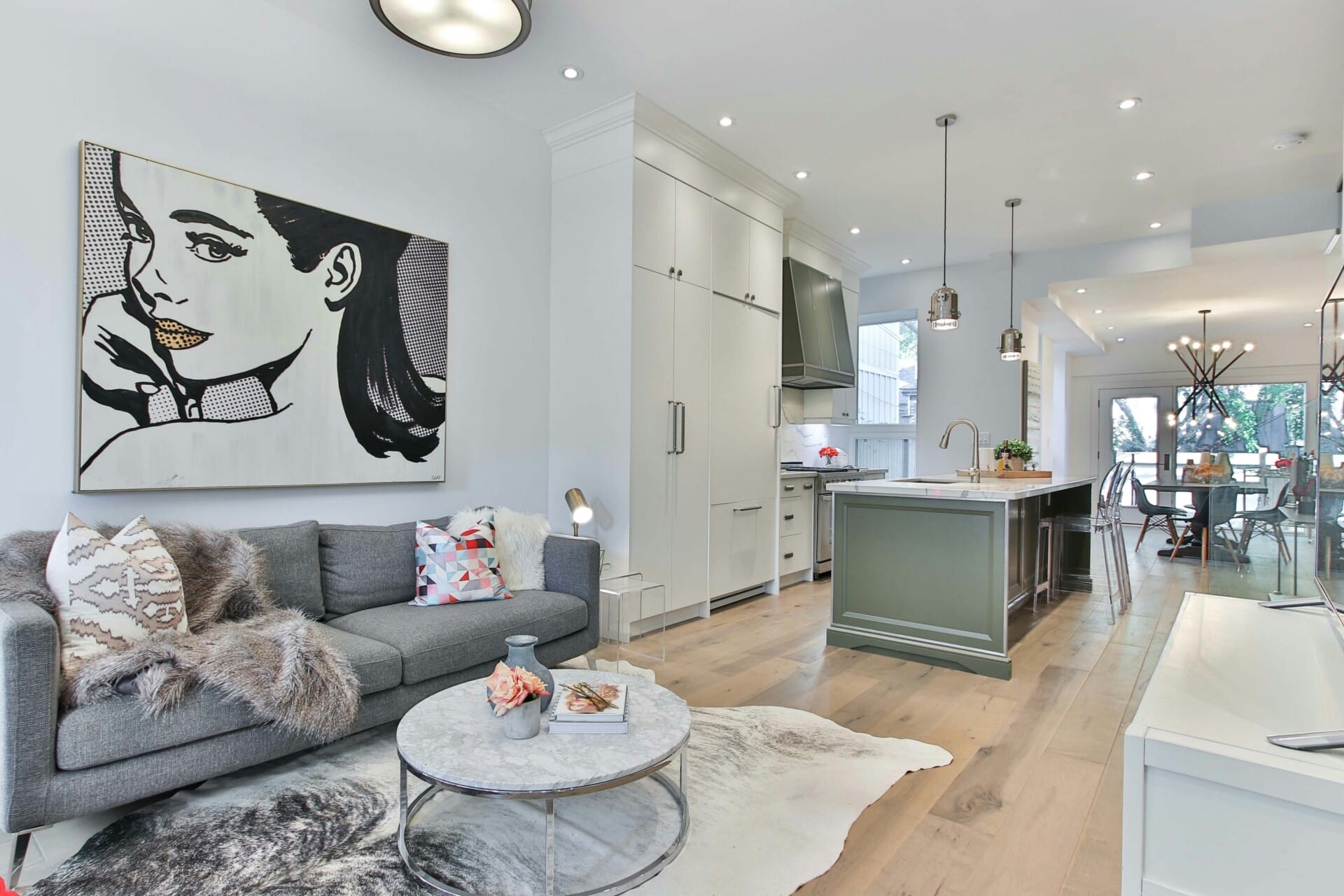
Understanding the Demographics of Homebuyers in Malaysia
To understand the landscape of homebuyers in Malaysia, it’s important to recognize the diverse demographics that shape this market. With a population that boasts multiple ethnicities, cultures, and lifestyles, homebuyers come from all walks of life. The typical Malaysian homeowner is no longer just a wealthy individual; rather, you’ll find a mix of young professionals, entrepreneurs, and families aiming to secure their dream home, regardless of their financial background.
When delving into buyer patterns, we see that young Malaysians, especially those aged between 25 to 35 are taking the plunge into homeownership. Thanks to government initiatives aimed at encouraging first-time buyers, many are seizing opportunities through various housing schemes and affordable financing options. It’s not just about racking up a fortune; it’s about finding the right balance and understanding financial capabilities. Some of the key characteristics of this vibrant category include:
- Desire for Modern Amenities: Many are looking for homes that come equipped with smart technologies.
- Location Matters: Proximity to work and social facilities is increasingly influencing purchase decisions.
- Community Feel: A preference for developments that foster a sense of community rather than just a place to live.
Additionally, the evolving preferences of homebuyers are reflected in current market trends. A growing number of buyers are now seeking properties with good investment potential, with a focus on sustainability and eco-friendliness. This shift has encouraged developers to explore innovative designs and smart solutions to cater to these demands. Here’s a simple snapshot of the factors influencing purchase decisions:
| Factor | Importance Level |
|---|---|
| Affordability | High |
| Accessibility to Public Transport | Medium |
| Community Facilities | High |
| Design & Aesthetics | Medium |
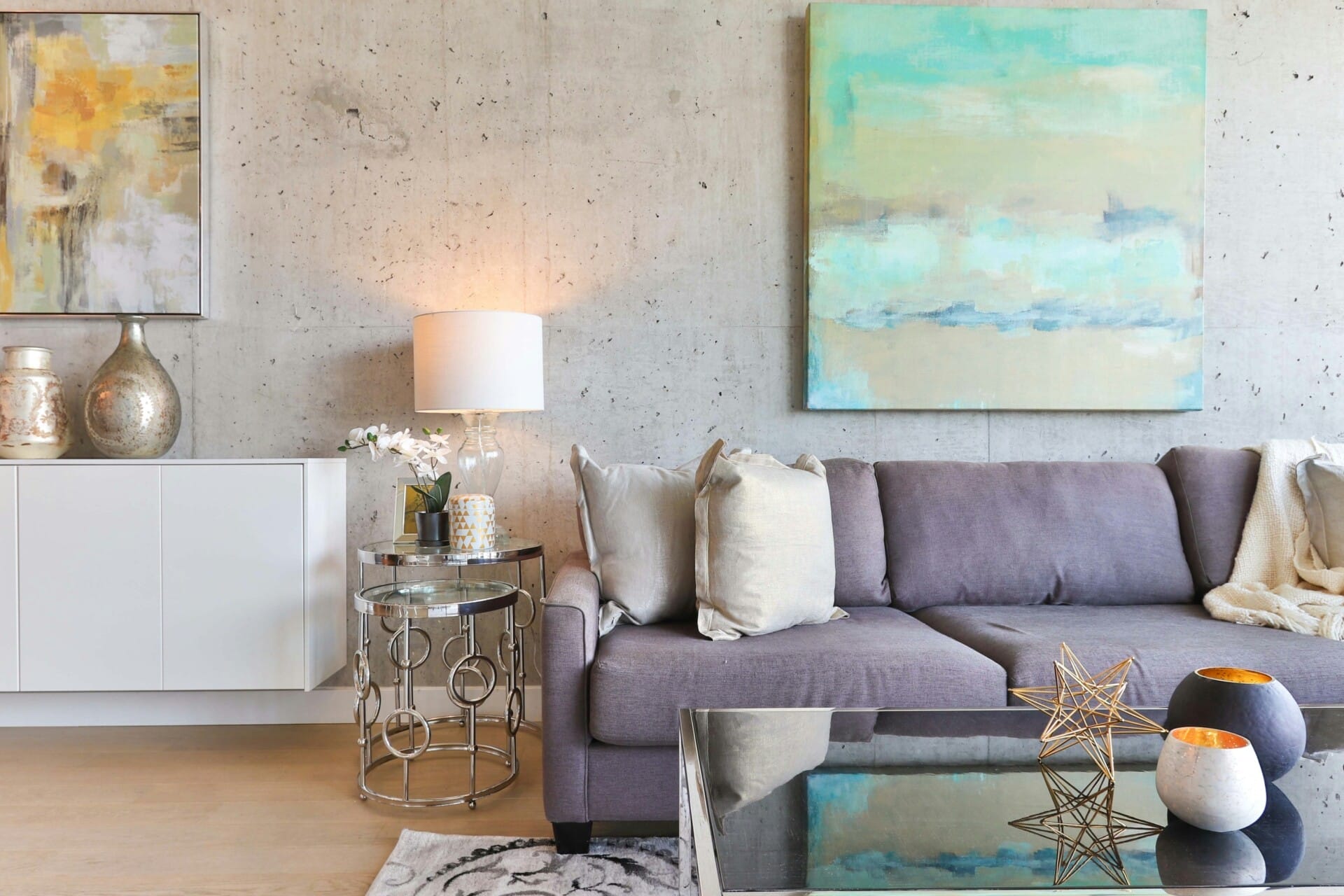
Affordable Housing Initiatives: Bridging the Gap
Housing affordability has become a pressing issue in Malaysia, where the need for quality homes is growing alongside the population. Fortunately, various initiatives by the government and non-governmental organizations are working tirelessly to address this gap. These initiatives aim to create a spectrum of affordable housing options that cater to diverse income levels, ensuring that everyone has access to a decent living space. Imagine no longer feeling stuck between exorbitant rental prices and the struggle to buy a property; these initiatives are designed to lift that burden.
Among the innovative strategies being employed are public-private partnerships, which allow for the collaboration between government bodies and private developers. By pooling resources, they can reduce housing costs while maintaining quality standards. Some exciting features of these partnerships include:
- Subsidized housing projects: Tailored for low-income groups, making it easier for families to have their own homes.
- Affordable housing schemes: Aimed at first-time home buyers, providing financial assistance and flexible mortgage solutions.
- Community development programs: Enhancing local infrastructure and services to create vibrant neighborhoods.
Additionally, some local governments are implementing policies that promote sustainability and community building, such as mixed-use developments that integrate shops, parks, and residential units. These areas not only provide affordable living options but also foster a sense of community among residents. To visually summarize these features, here’s a simple table:
| Feature | Benefit |
|---|---|
| Subsidized Projects | Lower costs for low-income families |
| Flexible Mortgage Solutions | Easier access for first-time buyers |
| Community Amenities | Enhanced quality of life and social interaction |
These combined efforts not only aim to alleviate the housing crisis but also encourage a sense of belonging among Malaysians. By prioritizing accessible housing solutions, there’s hope for communities that reflect the cultural tapestry of our nation, where every individual has the space to thrive. The future is brighter when everyone can come home to a place they love at a price they can afford.
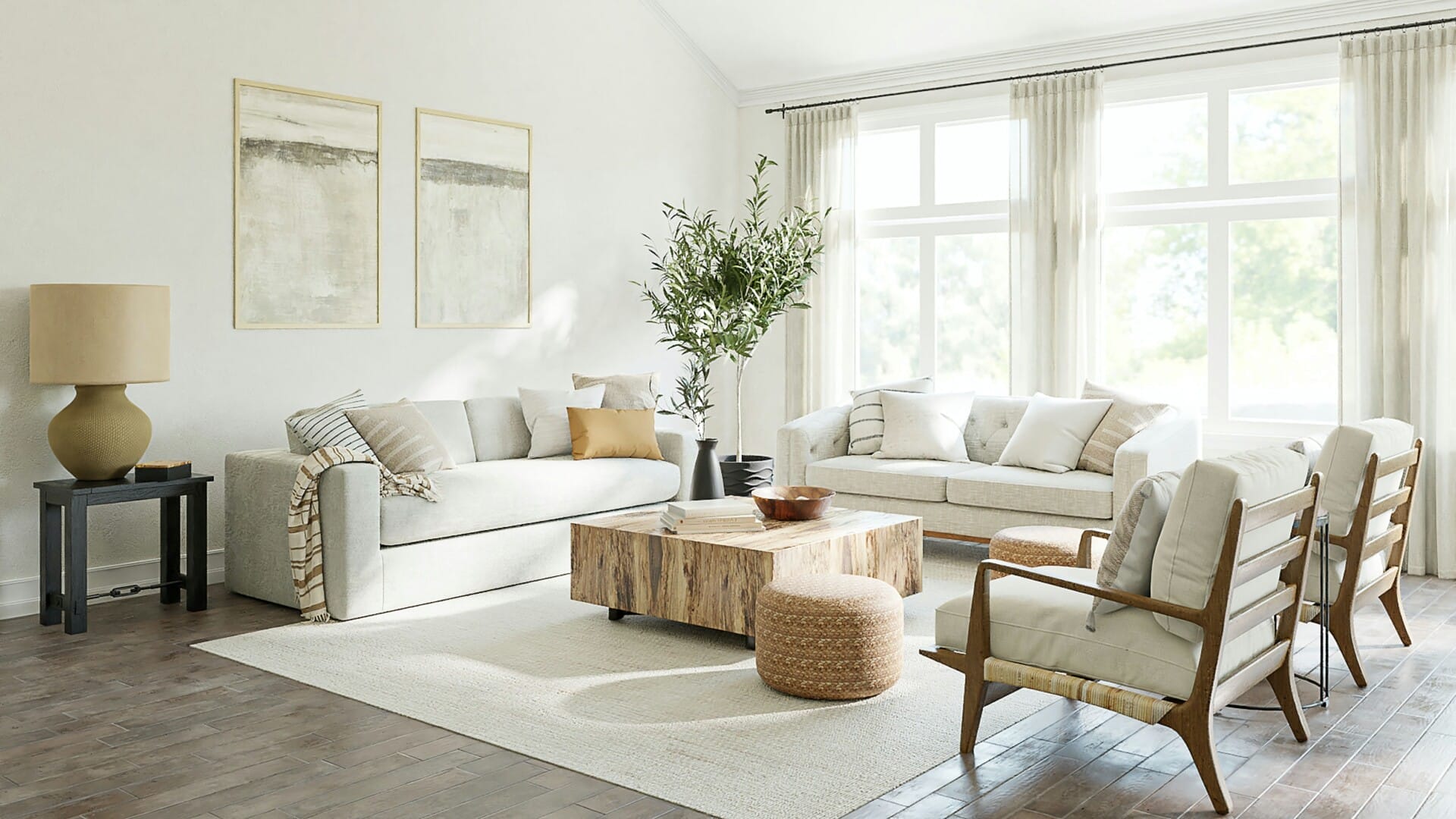
Innovative Building Solutions for the Middle Class
In recent years, the landscape of residential construction in Malaysia has shifted dramatically, making home ownership an attainable goal for many middle-class families. New development projects are incorporating innovative building solutions like modular construction and sustainable materials that not only reduce costs but also promote eco-friendliness. These approaches enable developers to create affordable housing options without compromising on quality or aesthetics, paving the way for a new era of homes that cater to everyday Malaysians.
Furthermore, technology is playing a huge role in driving down construction costs. With advancements in 3D printing and smart home technology, builders are able to streamline processes, reduce waste, and enhance the functionality of residential spaces. Families can now look forward to living in homes equipped with modern amenities that make life easier while staying within their budget. The integration of smart systems not only adds convenience but also can lead to long-term savings on utilities.
To top it off, various financing options have emerged, making it simpler for the middle class to invest in their dream homes. Consider these popular options:
| Financing Option | Description |
|---|---|
| Government Subsidies | Incentives for first-time homebuyers, reducing initial costs. |
| Affordable Housing Schemes | Developments aimed at lower to middle-income families. |
| Flexible Mortgage Plans | Customizable repayment terms that suit your financial situation. |
This combination of innovative building techniques, advanced technology, and supportive financing options is transforming residential construction in Malaysia into a realm where the middle class can thrive. As more developers embrace these strategies, the dream of home ownership is increasingly becoming a reality for many.
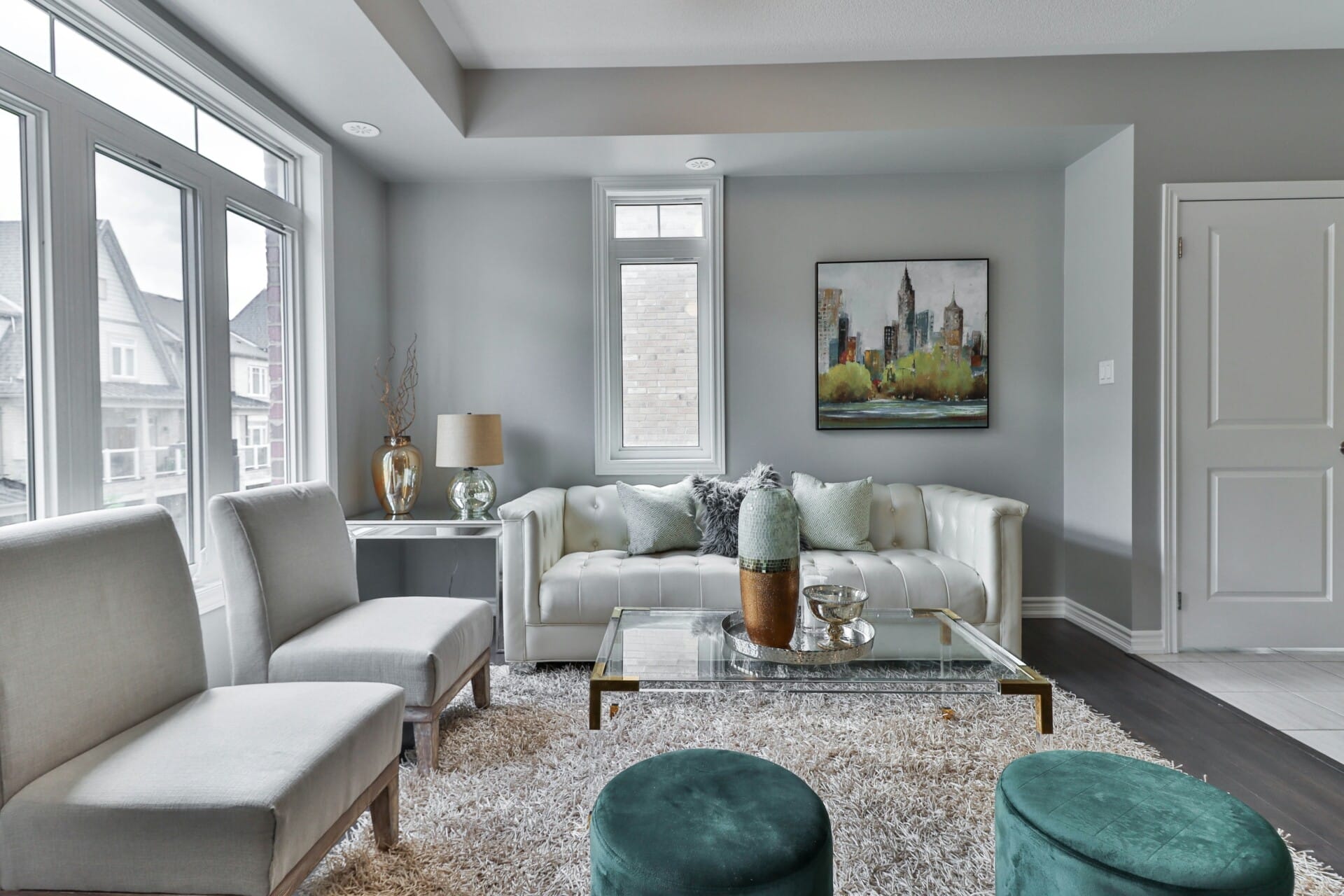
Sustainable Development: A Pathway for All
In Malaysia, the notion that residential construction is exclusively for the wealthy is being challenged by numerous innovative approaches to housing. With rising awareness about sustainability and affordability, more developments are emerging that cater to a broader audience. Initiatives are being implemented to create homes that not only meet the needs of low- and middle-income families but also preserve the environment. This means greener materials, energy-efficient designs, and smarter use of space, making the dream of homeownership achievable for many.
Consider the essence of community-driven projects. These developments often emphasize collaboration among local stakeholders to ensure that housing solutions are tailored to the community’s specific needs. When people in a neighborhood come together to make decisions, the outcomes tend to focus on inclusivity and sustainability. Here are a few ways this approach is being realized:
- Utilizing local materials to reduce costs and support local economies.
- Incorporating green technologies like solar panels and rainwater harvesting.
- Creating multi-use spaces that serve both residential and communal purposes.
Additionally, initiatives led by the government and non-profit organizations are crucial in bridging the gap between luxury housing and affordability. These entities are not only encouraging sustainable practices but also enhancing access to financing and ownership. The focus on eco-friendly construction signifies a shift that can rejuvenate the entire housing landscape, making it accessible to all Malaysians. Here’s a quick overview of how these efforts are shaping future developments:
| Initiative | Focus Area | Target Group |
|---|---|---|
| Government Subsidies | Affordable Housing | Low-Income Families |
| Green Building Programs | Sustainable Design | All Income Levels |
| Community Workshops | Capacity Building | Local Residents |
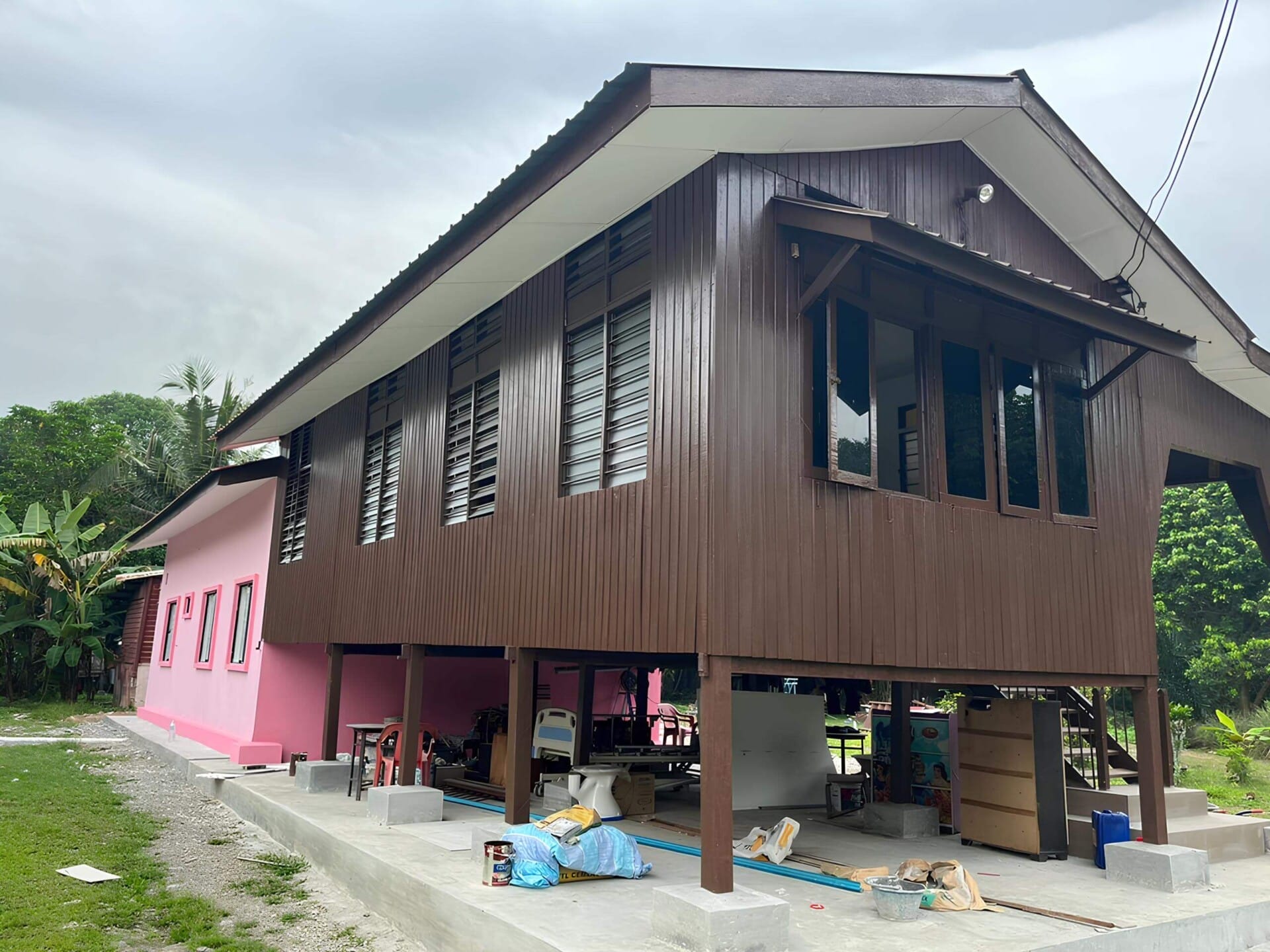
Financing Your Dream Home: Options for Every Budget
Building your own home in Malaysia doesn’t have to break the bank. There are a variety of financing options that cater to different budgets, allowing everyone to achieve their dream dwelling. For starters, you can look into traditional bank loans, which often offer attractive interest rates and flexible repayment terms. These loans can cover partial or even total construction costs, depending on your eligibility. Additionally, some banks provide special packages for first-time home builders, making it easier for you to get started on your construction journey.
If you’re exploring more innovative options, try considering cooperative housing schemes or government-backed loans. These are designed specifically for those who may not qualify for conventional loans. In Malaysia, programs like the MyFirstHome scheme allow young buyers and low-income earners to finance their homes with minimal upfront payments. Plus, there are also borrowing solutions available through developers themselves, often presented during promotions or property expos.
It’s essential to assess what works best for your financial situation. Here’s a simplified table that breaks down some financing options, making it a bit easier to visualize the choices available:
| Option | Pros | Cons |
|---|---|---|
| Bank Loan | Low-interest rates, Flexible terms | Stringent eligibility criteria |
| Government Scheme | Lower down payment, Wide accessibility | Limited to specific demographics |
| Developer Financing | Attractive deals, Less paperwork | Higher interest rates |
With these financing avenues just a few clicks away, you can embark on your journey to own a home without sacrificing your financial well-being. The possibilities are plentiful, so don’t hesitate to explore what fits your dreams and your budget! Building a home is no longer just a luxury; it’s an achievable goal for many Malaysians.
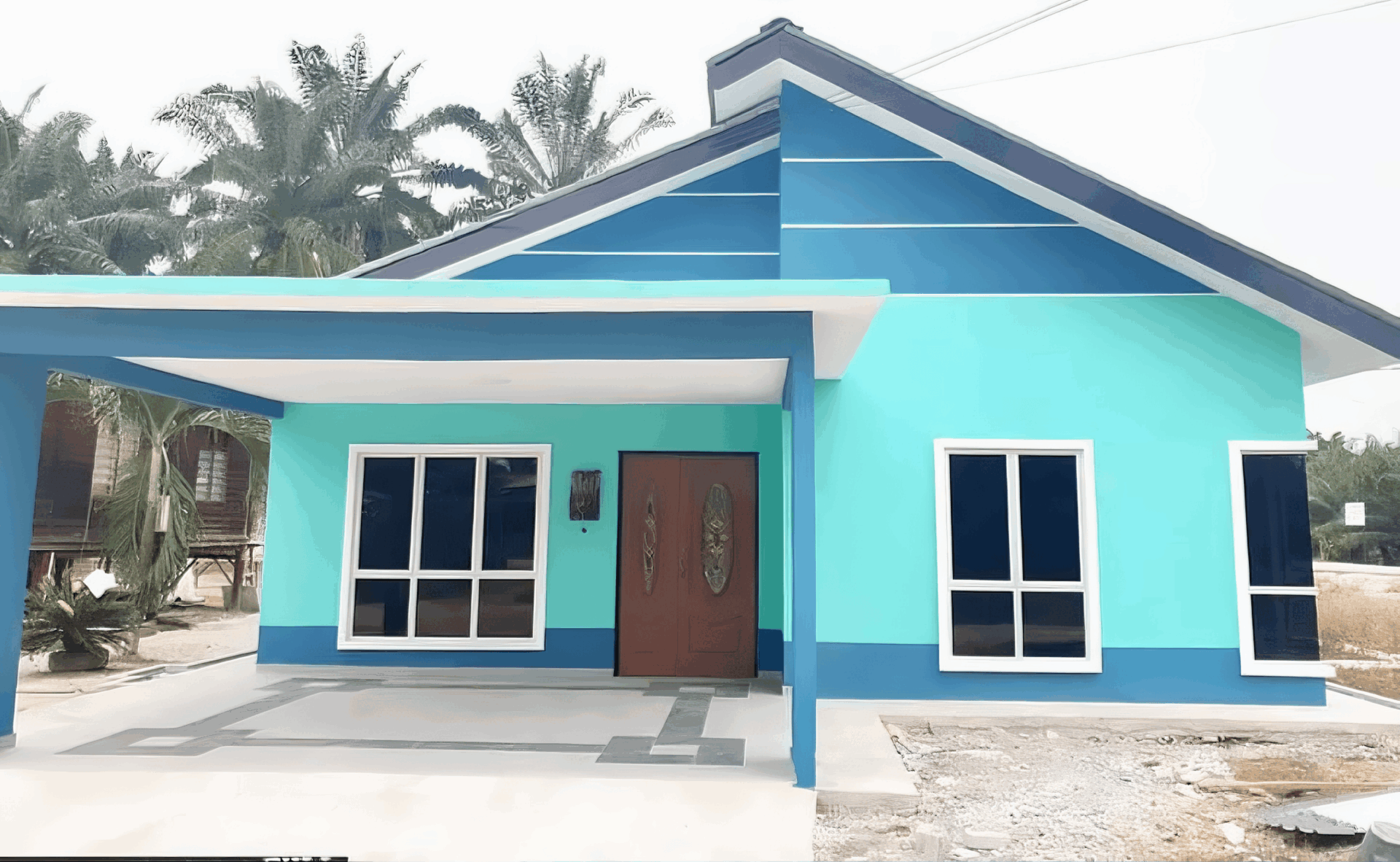
In recent years, the concept of community living has taken root in Malaysia, challenging the traditional notion of luxury housing. Cohousing communities bring together individuals and families in a shared space, emphasizing collaboration and mutual support among neighbors. This model fosters a sense of belonging that transcends the barriers often posed by economically stratified living arrangements. Instead of opting for isolated luxury villas, many Malaysians are now choosing to invest in lifestyle-centric neighborhoods where social interactions thrive.
One of the significant appeals of this living arrangement is its accessibility. Cohousing encourages a communal lifestyle that can reduce living costs substantially. By sharing resources—be it communal gardens, workshop spaces, or cooking facilities—the burden on individual households is lessened. Here are a few advantages that make this type of housing not just desirable, but also practical:
- Economic Efficiency: Shared expenses lead to lower living costs.
- Social Connection: Increased opportunities for community engagement and support.
- Sustainable Living: Shared resources promote eco-friendly practices.
To illustrate how this community model works in practice, consider a simple comparison of living arrangements:
| Feature | Cohousing | Traditional Luxury Housing |
|---|---|---|
| Cost | Affordable, shared expenses | High, individual ownership |
| Community | Strong, collaborative | Isolated, competitive |
| Sustainability | Focus on eco-friendly practices | Varied, often less emphasis |
This shift toward community-based living options not only caters to financial sensibility but also enhances the quality of life for many. As people start to embrace these interconnected communities, the myth that residential construction is merely a luxury playground starts to fade. The result is a vibrant tapestry of diverse lifestyles where collaborative spirit reigns supreme, giving everyone a chance to live well, regardless of their financial standing.
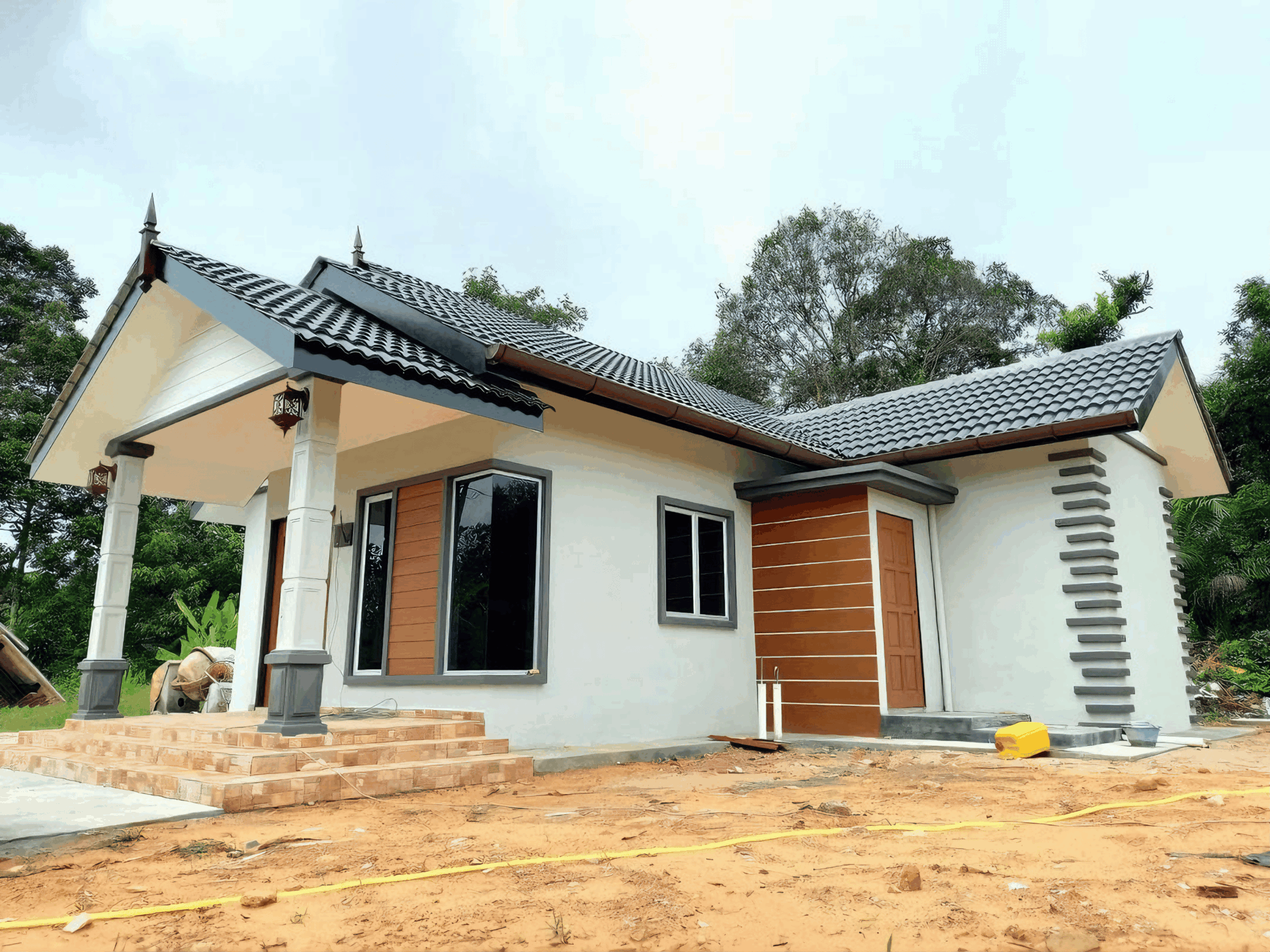
Government Policies Shaping Affordable Residential Construction
In recent years, Malaysia has seen a concerted effort from the government to make housing more accessible for everyone, not just the elite. Initiatives like the National Housing Policy aim to ensure that every Malaysian has the opportunity to own a home. By setting specific targets for affordable housing units, the government is driving developers to prioritize projects that cater to the middle and lower-income brackets. This is a game changer, shifting the focus of the construction industry toward creating family-friendly and budget-friendly living spaces.
Subsidies and financial assistance programs are also reducing the financial burden on potential homeowners. The introduction of First Home Scheme (Skim Rumah Pertama) and other similar programs allow first-time buyers to secure loans with lower interest rates and minimal down payments. These kinds of support not only help families break into the property market but also incentivize developers to meet the growing demand for affordable housing. As a result, we’re witnessing a surge in new residential projects that are strategically located in proximity to public transportation and essential services.
Another vital aspect is the government’s commitment to improving the overall construction landscape through regulations that emphasize sustainability and efficiency. By promoting green building practices and sustainable materials, the government is not just focusing on volume but also on the quality of life for residents. This includes creating guidelines that ensure new developments are not only affordable but also environmentally friendly and energy-efficient. To summarize, here’s a snapshot of how government policies are crafting a more inclusive housing market:
| Policy Initiative | Objective |
|---|---|
| National Housing Policy | Increase affordable housing units |
| First Home Scheme | Assist first-time buyers |
| Green Building Regulations | Promote sustainability |
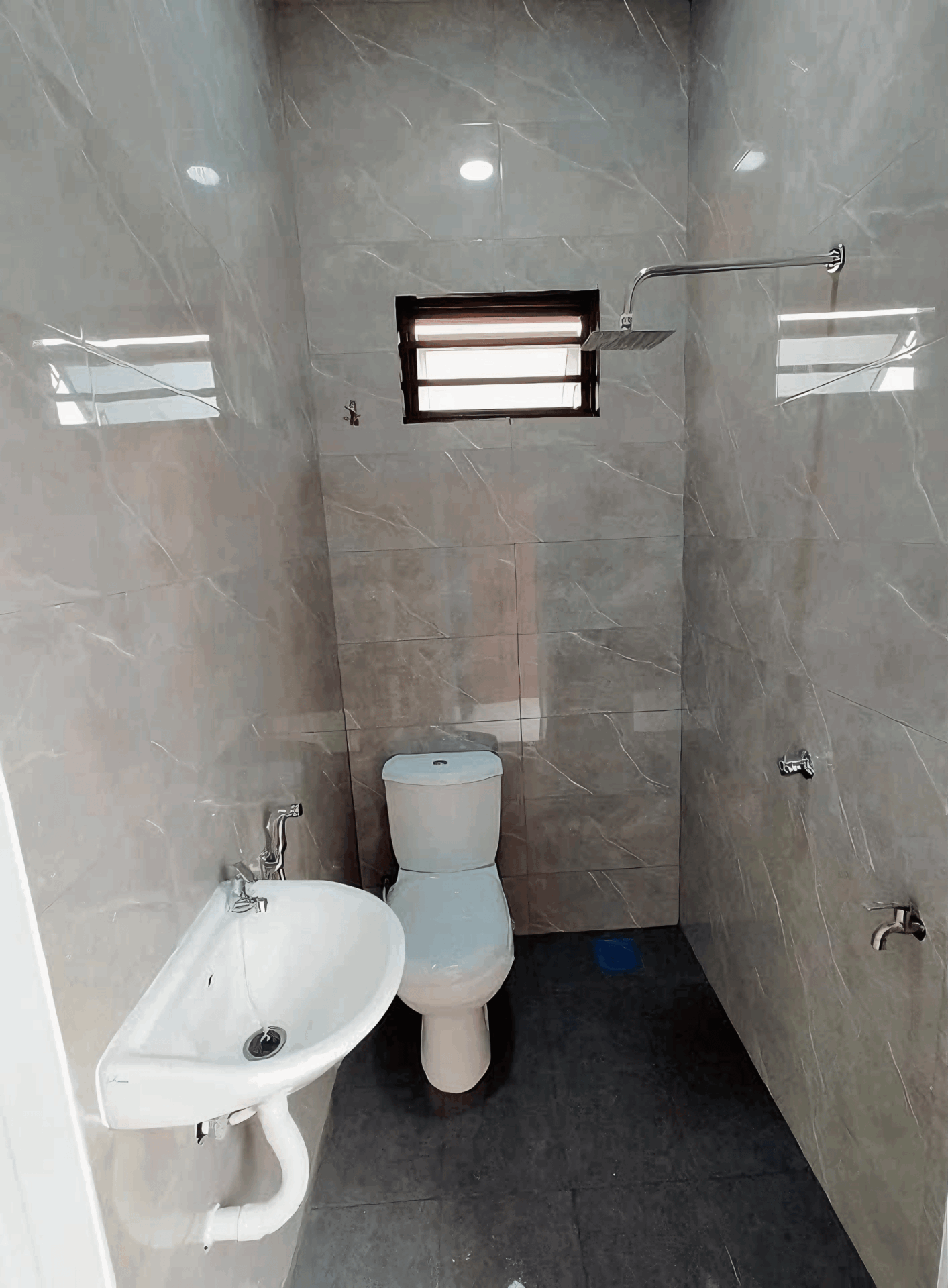
The Future of Residential Real Estate: Inclusivity in Focus
The landscape of residential real estate in Malaysia is undergoing a significant transformation, shifting from exclusive developments to more inclusive projects designed for all income levels. This evolving market is not just about luxury living; it’s about recognizing the diverse needs of the population. Developers are increasingly prioritizing affordable housing initiatives, extending beyond the confines of gated communities and into more integrated urban designs. With the government also playing a crucial role in promoting policies that support this shift, the dream of homeownership is becoming a reality for many Malaysians.
One of the driving forces behind this change is the growing awareness of social disparity and the pressing need for mixed-income communities. Builders are now focusing on creating neighborhoods that provide essential amenities, transportation access, and recreational spaces for everyone, regardless of their economic standing. This holistic approach not only enriches the residential experience but also fosters a strong sense of community among diverse groups. Moreover, innovative designs and sustainable practices are being introduced to cater to modern lifestyles while maintaining affordability.
As we look to the future, it’s clear that inclusivity in residential construction is more than just a trend; it’s a necessity. Affordable housing schemes are gaining momentum, supported by both the public and private sectors. By focusing on factors like infrastructural development and diverse housing options, Malaysia is paving the way for a more equitable future in real estate. The upcoming years will unveil exciting projects that prioritize accessibility, community engagement, and sustainable living, proving that residential construction can indeed be for everyone.
To Conclude
As we wrap up this exploration into the world of residential construction in Malaysia, it’s clear that the sky’s the limit! It’s not just the high-rises and luxury villas that define our landscape; everyday homes are rising up for all Malaysians. With innovative financing options and a push for affordable housing, more and more folks are turning their dreams into reality – and that’s something to celebrate.
So, whether you’re eyeing a cozy little apartment, a charming terrace house, or even a modern eco-home, know that there’s a place for you in the bustling construction scene. The barriers of the past are slowly coming down, and the dream of homeownership is becoming more attainable for everyone.
Let’s keep the conversation going about how we can all be part of this journey toward a diverse and inclusive residential community. After all, everyone deserves a space to call home. So, what’s stopping you? Dive into the opportunities, and who knows? Your dream home might just be around the corner!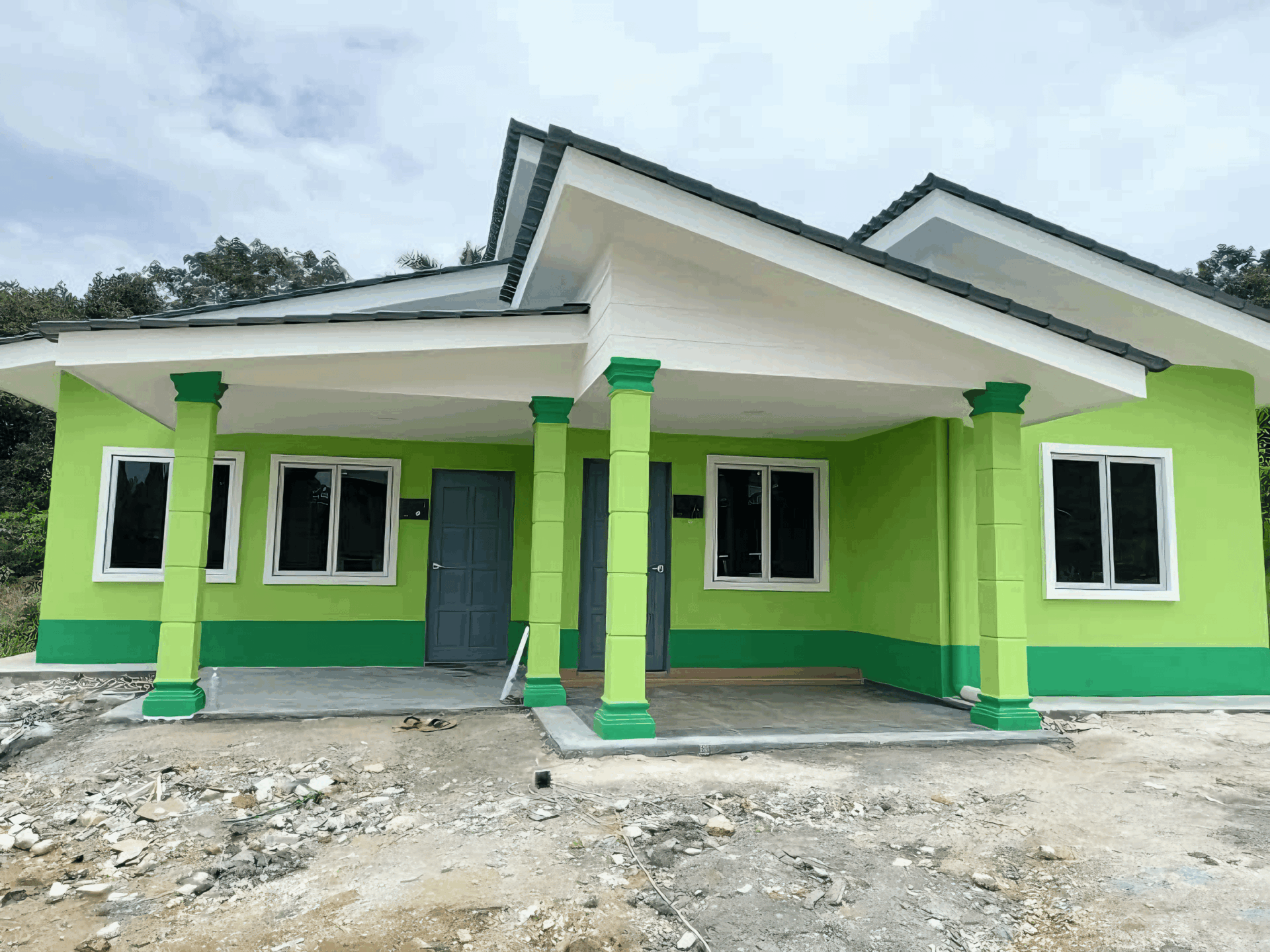
Source link
kontraktor rumah
bina rumah
pinjaman lppsa
pengeluaran kwsp
spesifikasi rumah
rumah batu-bata
pelan rumah
rekabentuk rumah
bina rumah atas tanah sendiri
kontraktor rumah selangor
rumah banglo



